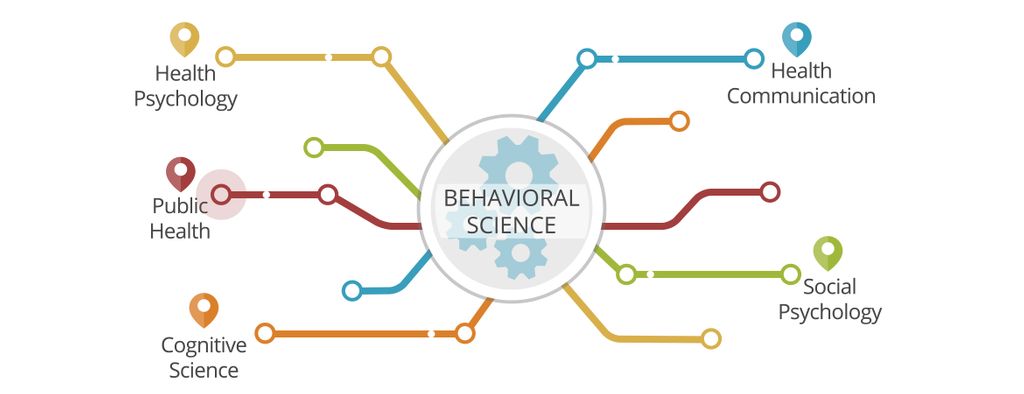
How Does Behavioural Sciecne Contribute To Inclusion?
In recent years, there has been a growing recognition of the importance of inclusion, both in the workplace and in society more broadly. Inclusion refers to the practice of creating environments in which all individuals are valued and respected, regardless of their differences. One field that has increasingly been recognized as having the potential to contribute to inclusion is behavioural science.
Behavioural science can help to promote inclusion in a number of ways. First and foremost, it can help to increase our understanding of the barriers that prevent individuals from feeling included. For example, by analyzing the behaviour of individuals within a given environment, researchers can identify patterns of exclusion or discrimination. By understanding these patterns, policymakers and practitioners can design interventions that address the underlying causes of exclusion and promote more inclusive behaviours.
I think people who vibrate at the same frequency, vibrate towards each other. They call it, in science, sympathetic vibrations
-- Erykah Badu
Another way in which behavioural science can contribute to inclusion is by helping to change attitudes and behaviours. By recognizing the ways in which social norms, biases, and other psychological factors contribute to exclusion, researchers can design interventions that target these factors directly. This might involve using social norms to promote more inclusive behaviours, or designing interventions that challenge biases and stereotypes.
What Else Can It Help With?
Behavioural science can also help to promote inclusion by creating more diverse and inclusive environments. By understanding the factors that influence individuals' decisions to join or leave a particular group or organization, researchers can design interventions that make these environments more appealing and welcoming to a wider range of individuals. For example, a company might use behavioural science to design a recruitment process that is more inclusive and that attracts a more diverse pool of candidates

What Else Does It Contribute To?
In addition to promoting inclusion in specific environments, behavioural science can also contribute to the broader goal of social inclusion. By understanding the factors that contribute to social exclusion, researchers can design interventions that promote more inclusive social policies and practices. This might involve designing interventions that address issues such as poverty, discrimination, and inequality, and that promote social justice and human rights.
Behavioural science can also help to promote inclusion by building bridges between different groups and communities. By understanding the factors that contribute to intergroup conflict, researchers can design interventions that promote greater understanding and collaboration between different groups. For example, a behavioural science intervention might involve bringing together individuals from different backgrounds and encouraging them to work together towards a common goal.
Finally, it's important to recognize that behavioural science can also help to promote self-inclusion. By understanding the factors that contribute to individuals' feelings of belonging and self-esteem, researchers can design interventions that promote greater self-acceptance and self-confidence. This can be particularly important for individuals who may feel marginalized or excluded from mainstream society.
n conclusion, behavioural science has the potential to contribute to inclusion in a variety of ways. By identifying the barriers that prevent inclusion, changing attitudes and behaviours, creating more diverse and inclusive environments, promoting social inclusion, building bridges between different groups, and promoting self-inclusion, researchers can help to create a more inclusive and equitable society. This requires a deep understanding of the complex psychological factors that influence behaviour, as well as a commitment to designing interventions that are evidence-based, ethical, and that prioritize the rights and dignity of all individuals.





